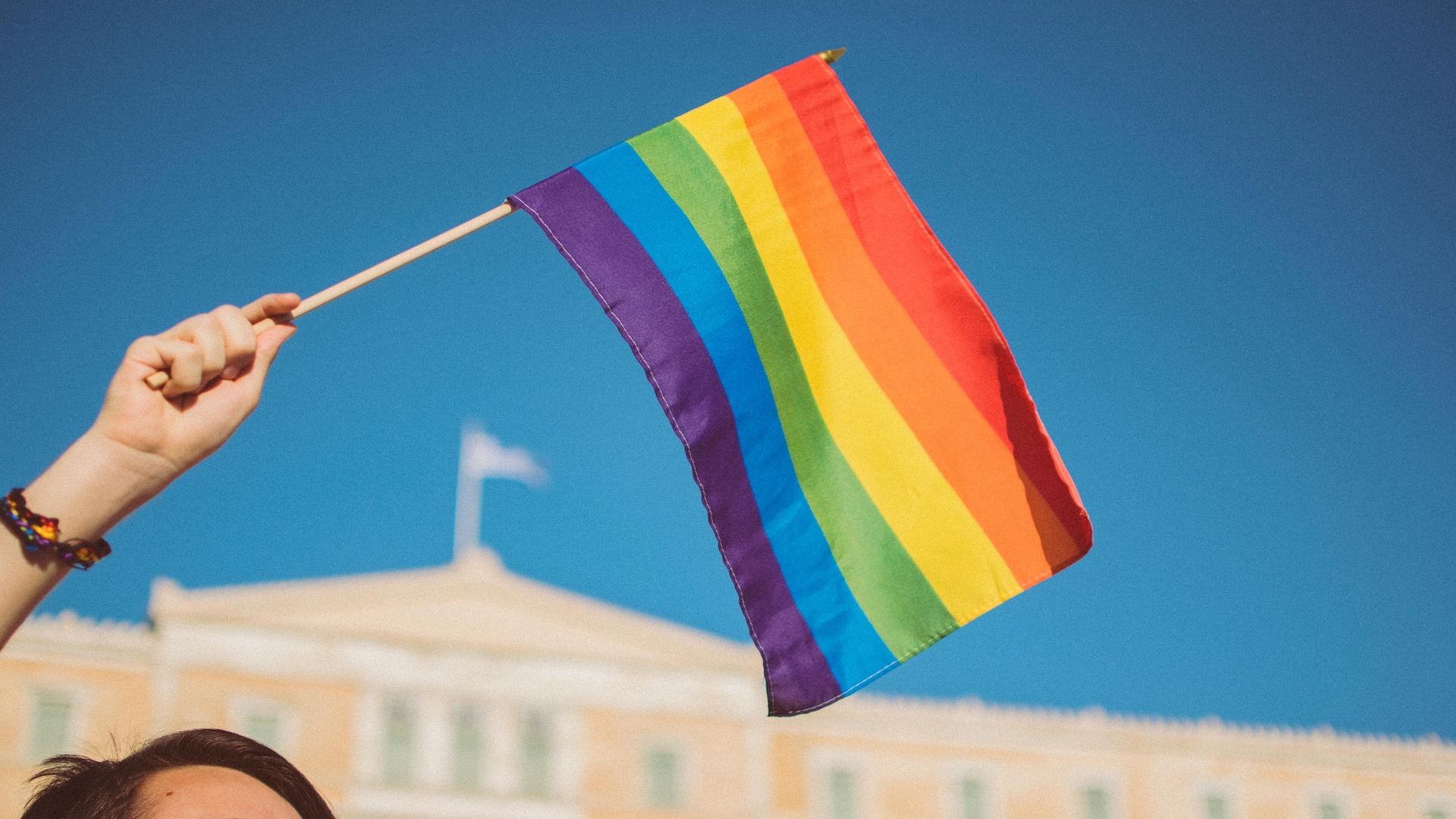Canada is a home to almost one million people who identify as LGBTQ+ but the community still suffers from vulnerability and discrimination.
Statistics Canada showed the community is more likely to be economically and mentally vulnerable, especially during the pandemic as compared to the cis gender heterosexual community.
And a national survey by EGALE, an advocacy organization to advance equality for the LGBTQ+, found that more than half have suffered from significant employment insecurity and mental health crises during COVID-19.
The EGALE report also showed the community has been disproportionately impacted financially with 53 per cent of their employment security being affected and an “estimated half of Canada’s LGBTQ+ household have faced lay-offs or reduced employment hours as a result of the COVID-19 pandemic.”
Jennifer Boyce, director of Communications and Public Relations, said the level of acceptance in the country and provinces has always and would continue to determine the level of discrimination the community would face.
“There are many different intersecting identities a person can have and the more they have the more vulnerability they would face or disparities they would face,” Boyce said. “So if they’re Indigenous, Black or an immigrant or newcomer or any person of colour, they would face a lot more disparities than a white colonial settler.”
Jill Andrew, NDP MPP for Toronto-St. Paul’s, said homophobia and transphobia is still present in the society which further perpetuates the vulnerability faced by the community.
“You have to see at how many years frankly decades it took the government to recognize that conversion therapy, which we the NDP were able to get banned here in Ontario, it’s taken the country so very long,” Andrew said.
“That shows how pervasive transphobia and homophobia remains in our community,” she said.
Andrew said the community should have access to proper healthcare and should not be misgendered or deal with wrong pronouns while accessing services.
She also said the community disproportionately had issues with renting affordable housing during and even before the pandemic.
“Trans people or folks who are expressing their gender identity and gender expression in the way that is most authentic to them often face discrimination in housing,” Andrew said. “We know bullying still happens at our schools even though we have GSAs and equity groups and student leaderships.”
Boyce said education is the first step in bringing any change and thus we need more courses and teachers who can teach young minds about the queer community.
Michael Butac, a Humber College student support advisor and a youth worker, said the LGBTQ+ community is still a minority and still has limited services to rely on leading to long wait lists with intersectionality playing a very important role.
“Within the LGBTQ+ community there so many people who fit under that community, like you have someone like me who is a Filipino, Catholic and a gay man so there is no perfect place where we can all all go to and feel fully supported with all those identities,” Butac said.
“We always feel like a part of our identity is always going to be vulnerable,” he said.
Butac said the community is more susceptible to suicidal tendencies and having enough services to meet those needs is necessary in creating a safe place for them.
Andrew said there is a significant amount of racism especially anti-Black feelings within the LGBTQ+ community which further perpetuates the continued vulnerability faced by the community.
She said more representation of community members is necessary to be a voice for others and help in creating a space where all identities would be celebrated.

